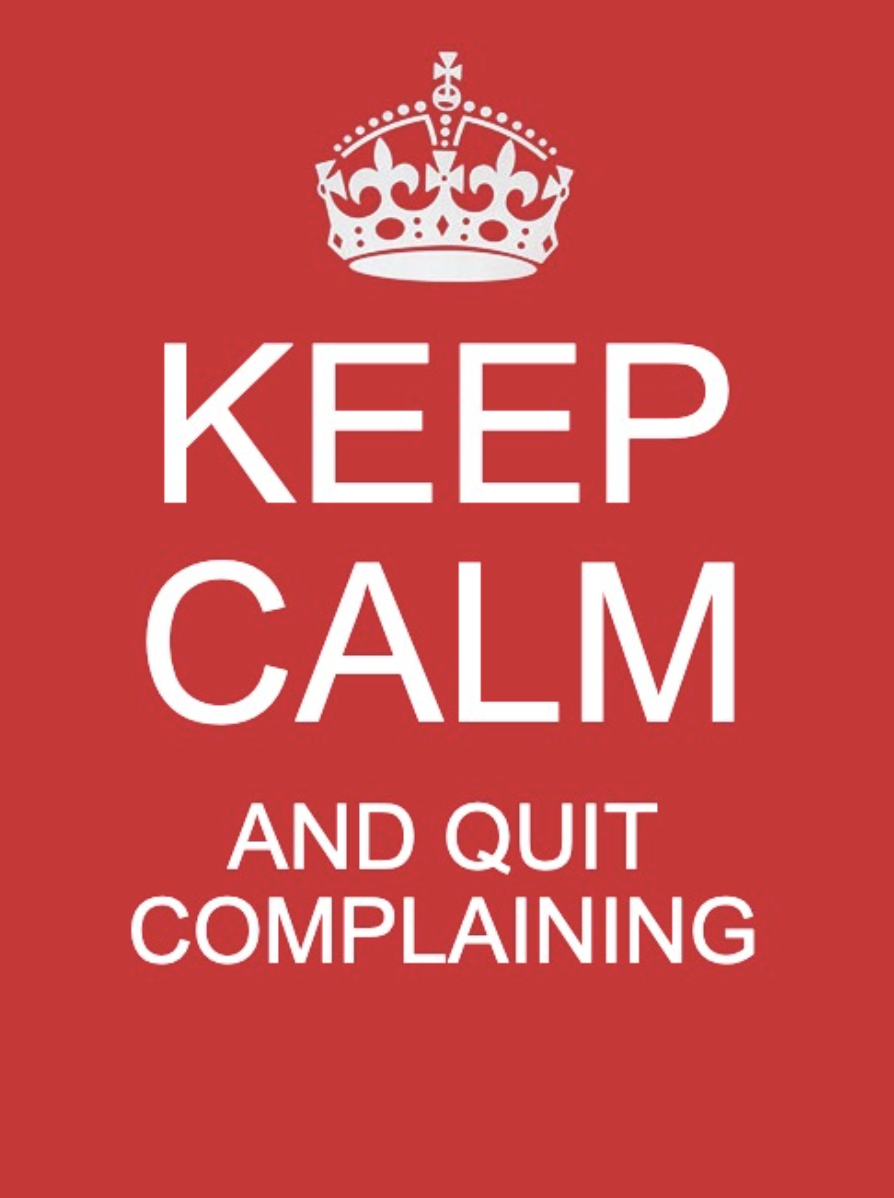Donald Trump is threatening to govern as a dictator. Joe Biden is cruising toward impeachment. And partisan bickering never seems to end. But it’s a mistake to fret too much about the absurdity of American politics.
The crises of our republic matter. We live in a broken world. But the ugly mess of political life is less important than we think. There has never been a perfect country. To obsess about politics is to fail to understand that politics cannot solve spiritual problems.
So, I disagree somewhat with Connecticut Sen. Chris Murphy, who wrote an interesting recent column on “The Spiritual Unspooling of America.” That “spiritual unspooling” includes loneliness, suicide, drug overdoses, polarization, violence and hate.
Murphy suggests that the antidote is a better kind of politics. Sure. Better politics might help. It would be nice to live in a good country led by honorable people. It would be wonderful to live in a world of harmony and peace. And we should work toward those goods. But as I argued in a recent column, humanity is constructed of “warped wood” not easily made straight.
The real solution for “spiritual disintegration” is, well, spiritual. Harmony, peace and honor have always been in short supply. Learning to accept the tragically flawed reality of political life is an essential part of wisdom. Once we understand this, we can look elsewhere to find solace and hope.
Our spiritual malaise will not be solved by better politics. Your flourishing does not depend on Trump or Biden. Politics is not the highest good. The best and most important things transcend political life. These transcendent goods include spirituality and art, love and community.
This anti-political idea is clear at Christmas. The story of the season is of a new conception of power, born of humility and existing apart from politics. Christianity teaches about a kingdom that is not of this world. Jesus was not a political leader. He raised no army and was murdered by the state. According to one important story, when Satan tempted Jesus with political power, Jesus refused.
The turn away from politics is a common theme in the world’s wisdom traditions. The Taoist sages avoided politics. Lao-Tzu, the founder of Taoism, left China because he was fed up with the hypocrisy and corruption of Chinese politics. The wisdom of Buddhism aims to cultivate nonattachment, which looks beyond the tumultuous fires of social and political life. And the ancient Greek philosopher Epicurus encouraged his followers to “live unnoticed” in a garden sheltered from political turbulence.
Unfortunately, it is easy to be seduced into an obsession with politics. The partisans and the political media encourage this obsession. Political squabbles keep us glued to our screens, while helping the partisans raise money and get people to the polls, and into the streets.
But political obsession is a recipe for anxiety and despair. The more upset we become about politics, the more we focus on things that are really beyond our control. Instead of cultivating our own gardens, we get frustrated. And when things go wrong — as they always do — we end up angry and hopeless.
Rather than obsessing about politics, we need to understand that spiritual health is found in religion and other deep sources of meaning; in small local and loving communities; in music, art, and ceremony; and in connection with the wonder of nature.
Spiritual integration depends upon a set of habits that are good for body and soul. It is cultivated in silence and solitude. It is nurtured by love. It flourishes among friends and family. It blossoms when we discover wisdom, wonder and gratitude.
The bad news is that we are easily distracted by the crises of the moment. The partisans and the news cycle feed the frenzy of political frustration. The good news is that higher goods are easily obtained, if we turn off the TV and rediscover the world of nature, spirit, and loving community.
This does not mean we should drop out of political life, as Lao-Tzu did. Citizenship requires us to pay attention. And ethics demands solidarity with those who suffer.
But at Christmas, we should also remember that comfort and joy are found beyond the halls of power.
Read more at: https://www.fresnobee.com/opinion/readers-opinion/article283061398.html#storylink=cpy






